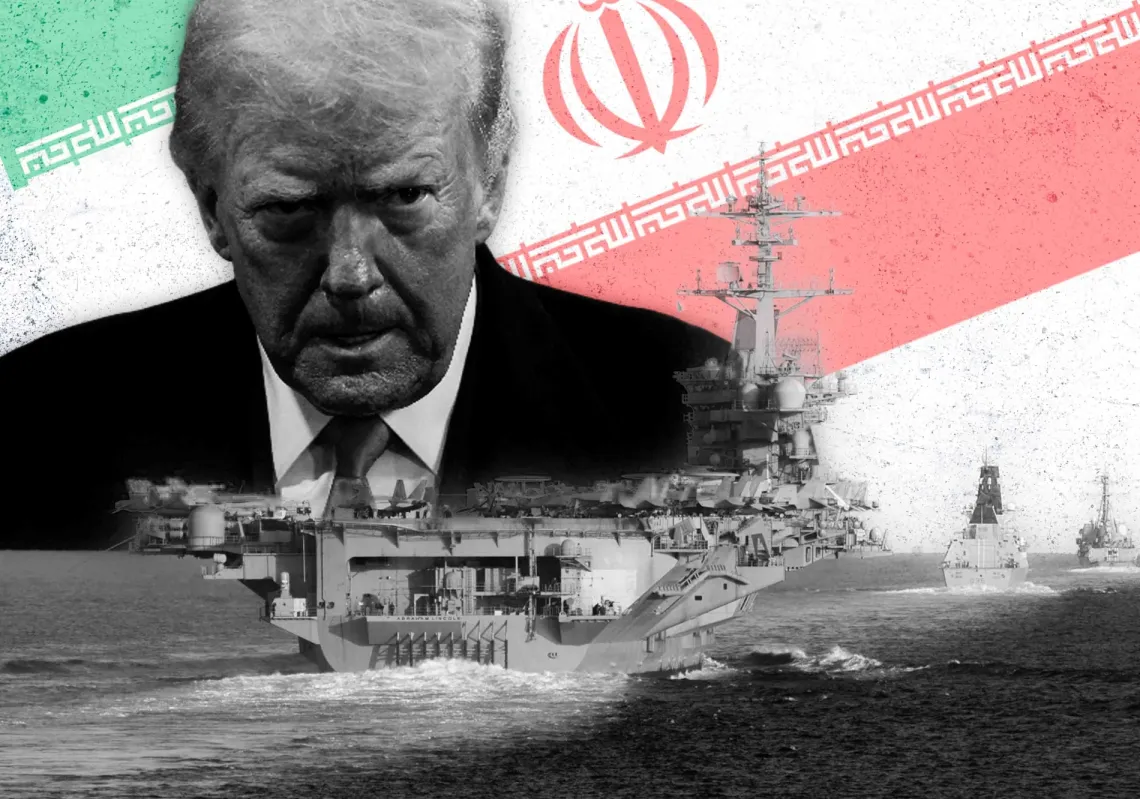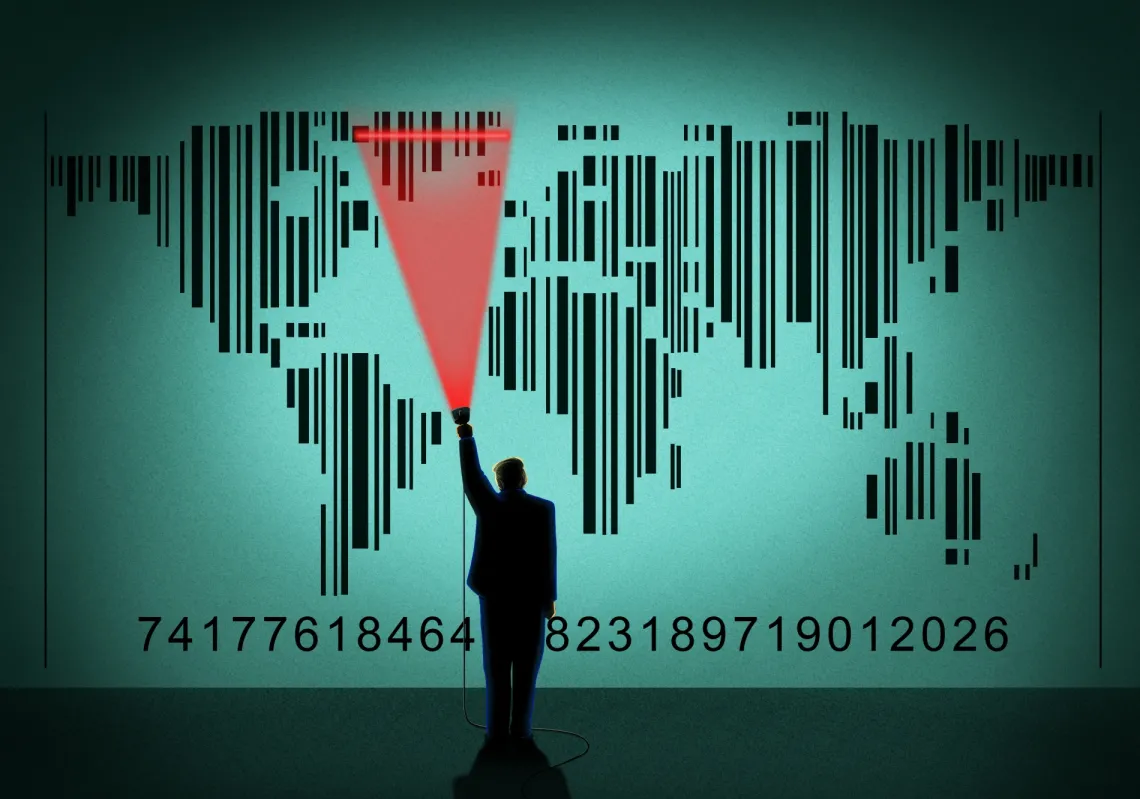The AI Journey international conference on artificial intelligence began in Moscow on 11thDecember. Every year the event brings together Russian and international experts, including representatives of the business community, science, technology and education. This time, the conference’s geographical coverage has widened further still, with participants from China, India, the UAE, South Africa, Indonesia, Bahrain, Iran and other countries, alongside speakers from Russia.
One important focus area in this year’s event is the use of artificial intelligence in applied fields to boost consumer demand and profit, and to promote the sustainable development of companies for the benefit of all spheres of public life. And it was in this vein that the agenda of Day 2 of the conference was drawn up: the various conference platforms were used for discussions of the application of AI in industry and business. The organizers stress that AI is not only contributing to economic development but is also performing a mission that is now more vital than ever before - uniting mankind to tackle the shared challenges arising literally every day.

The principles of applying AI to address universal tasks were debated during a panel discussion entitled “Artificial Intelligence: uniting efforts with all countries in the service of all mankind”. The status of the AI Journey conference is demonstrated by the fact that the debate was visited by Russian President Vladimir Putin. The moderator was Herman Gref, chairman of the management board of Sberbank, who said that AI technologies can be applied for efficient collection of feedback, which is indispensable both for business and for addressing issues of national importance. For example, for the first time, Russia will use Sber’s large language model GigaChat to process questions submitted by Russian citizens for a live broadcast by President Putin on 19 December. The annual “Direct Line” with the President is enormously popular in Russia, and the language model will ensure even more precise and efficient processing of all the questions. The panel discussion also heard a presentation by Andrey Belevtsev, Sberbank’s head of technological development, who spoke about plans to developing existing tech services and launch new ones.
In the course of Day 2 of the conference, participants discussed how artificial intelligence is becoming a familiar and reliable assistant to human beings. The speakers noted that AI is changing everyday life for people all around the world.

Naturally, the development of artificial intelligence must be more than just a continuous “race” for innovation. All-embracing deployment and reinforcement of AI can be seen in the depth and scale of application of the technology, as it becomes integrated into already existing developments and infrastructure.
For its part, Russia attaches huge importance to the development of AI technologies, in order to take up a leading position in the global industry.
As we approach the end of 2024, AI is no longer just about replacing a secretary or a call center. Generative models can now propose effective solutions for businesses, urban development, public administration, and the medical and other sectors. For example, AI can improve the quality of business services and medical treatment, and accelerate the distribution of social benefits from the state. And crucially, it can take part in creating new medicines - in other words, it can literally save people from extremely serious diseases.
The conference presenters spoke about experience of integrating AI into public life in their own countries, such as China, which makes wide use of global AI technologies.
Doctor Song Haitao, President of the Shanghai Institute of Artificial Intelligence and director of industrial development at the United Nation’s International Center for Advanced Experience in Industrial and Operational Artificial Intelligence, said that AI has helped the Chinese government to automate data management. It has also been used to optimize the distribution of resources and draw up the budget. This same practice is being applied in Russia, where the Finance Ministry is using AI in the process of compiling the budget. AI is responsible for the routine work of classifying budget spending and also identifies the best ways of achieving the goals set out in the budget.
Experts form Dubai shared the news that crime has fallen by 25% in some districts of the city thanks to the help provided to the police and the authorities by Smart City solutions.
On the other side of the world, the Republic of South Africa is actively applying global AI technologies. According to Janet Sawari, CEO of TAIR Labs, South Africa’s experience of using AI is extremely broad – from education and healthcare to agriculture.
Precise data analysis, which is becoming possible thanks to the implementation of AI, s being actively employed in commerce, for example, to study consumer demand and to develop entrepreneurial strategies. Tech company representatives gave some detailed reports on solutions for the business and IT sectors, and the day ended with the presentation of prizes to the winners of the AI Leaders national awards for contributions to the development of artificial intelligence.

The AI Journey conference is not only about what is happening now – it’s also about laying down tracks for the future. This year, for example, brought the announcement of plans to create a new Artificial Intelligence Alliance, bringing together participants from 18 countries, including the BRICS group. The goal is to create a diversified global platform for cooperation on equal terms. Sberbank’s Gref stressed that creating this alliance could take collaboration between all parties up to a new level, thereby facilitating the open and transparent development of AI technologies that will be useful for everyone.
The AI Journey conference in Moscow is the culmination of a series of events held throughout the year. These are events of various types but they are invariably linked by one overarching idea – the artificial intelligence journey is always a path towards people.
You can see this for yourself by viewing videos from the AI Journey conference via this link: https://aij.ru/en









